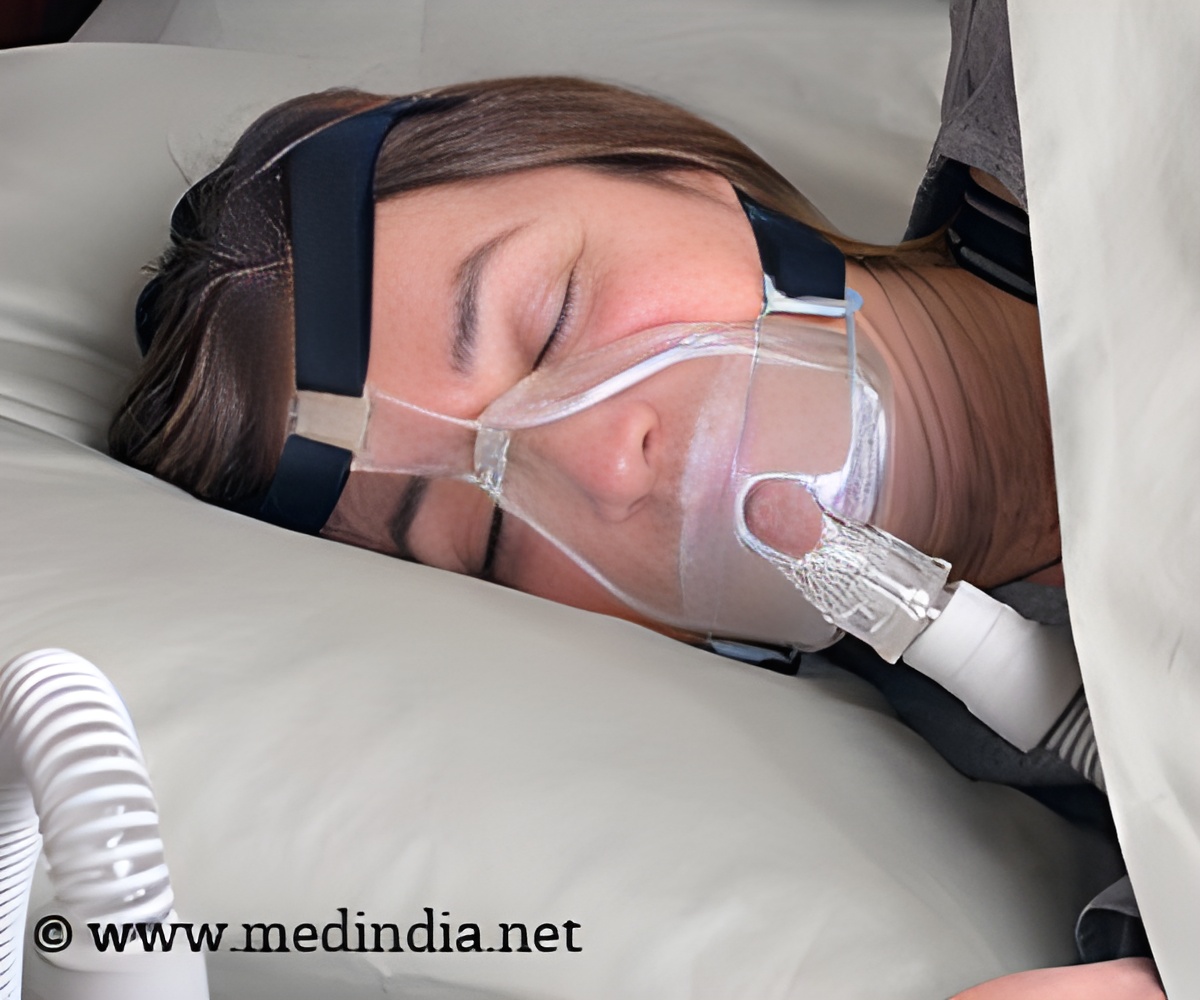
‘Though continuous positive airway pressure machine may not prevent the risk of heart attack or stroke, it does improve the quality of life.’
Tweet it Now
The study of more than 2,700 sleep apnoea sufferers with cardiovascular disease estimated 25 percent of middle-aged men and 10 percent of middle-aged women suffer from sleep apnoea. Researchers were looking at whether a continuous positive airway pressure (CPAP) machine would prevent major cardiovascular events including heart attack and stroke. The results of the study showed that CPAP treatment made no difference to whether patients had a major cardiovascular event.
Professor Doug McEvoy from the Adelaide Institute for Sleep Health, run by Flinders University, said the overall risk of future cardiovascular events was not improved by the treatment for sleep apnoea.
However the study did show the patients who used a CPAP machine experienced quality of life benefits including reduced snoring, reduced daytime sleepiness and better mood.
Professor Ron Grunstein from the Woolcock Institute of Medical Research in Sydney said there were "major improvements in wellbeing".
Advertisement
Source-Medindia














